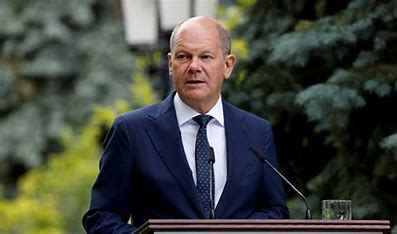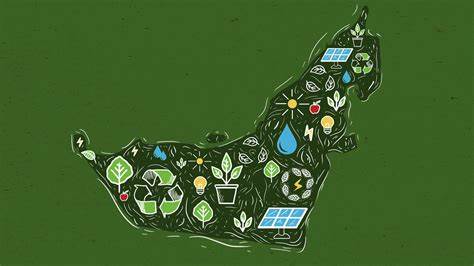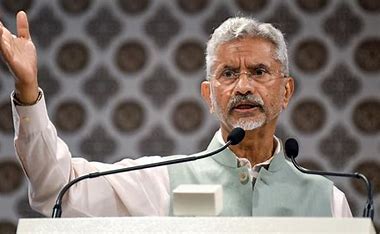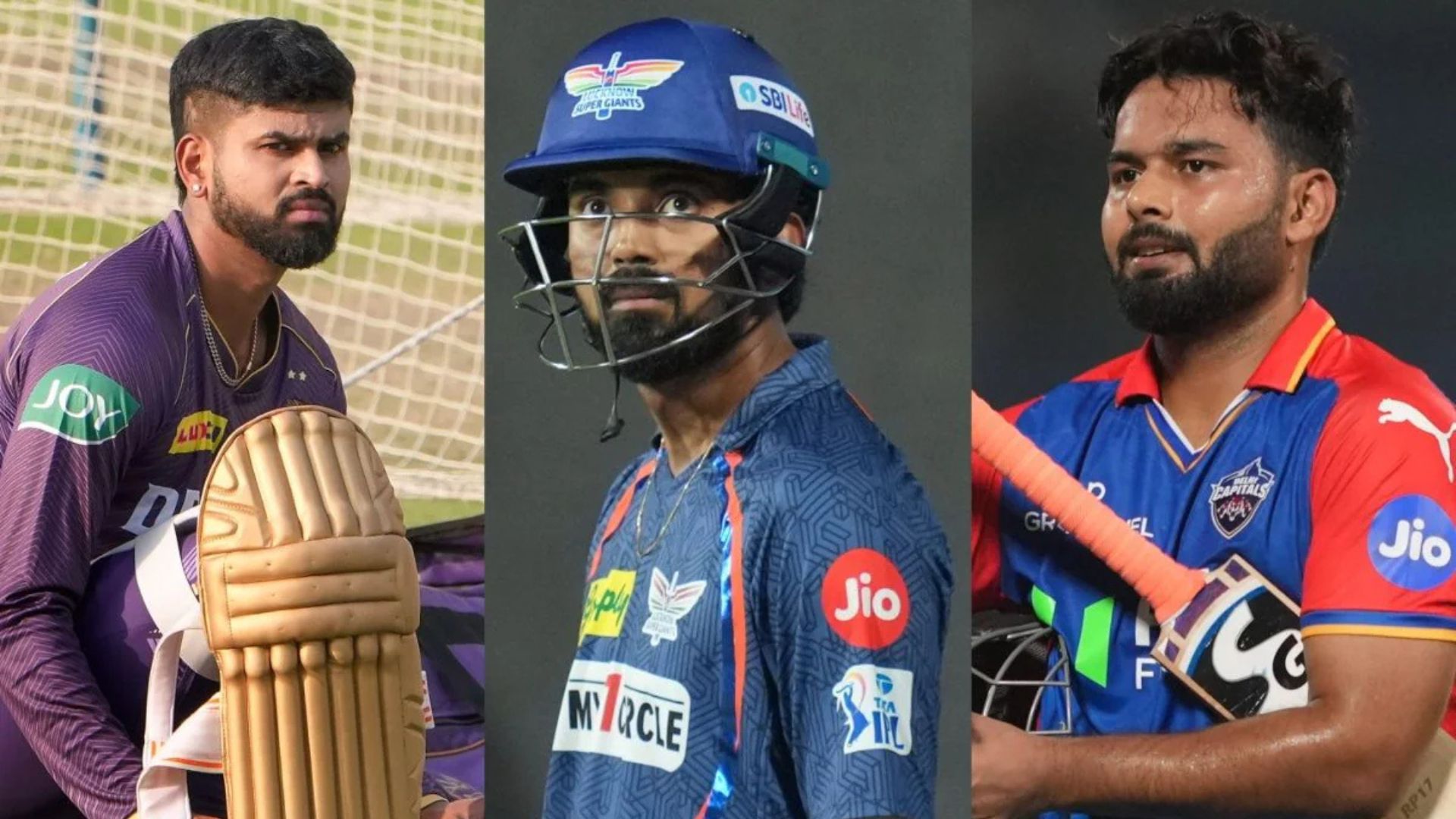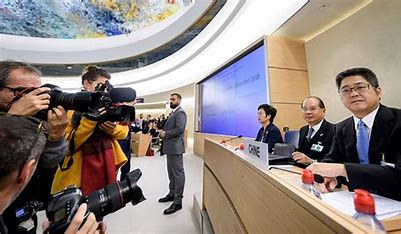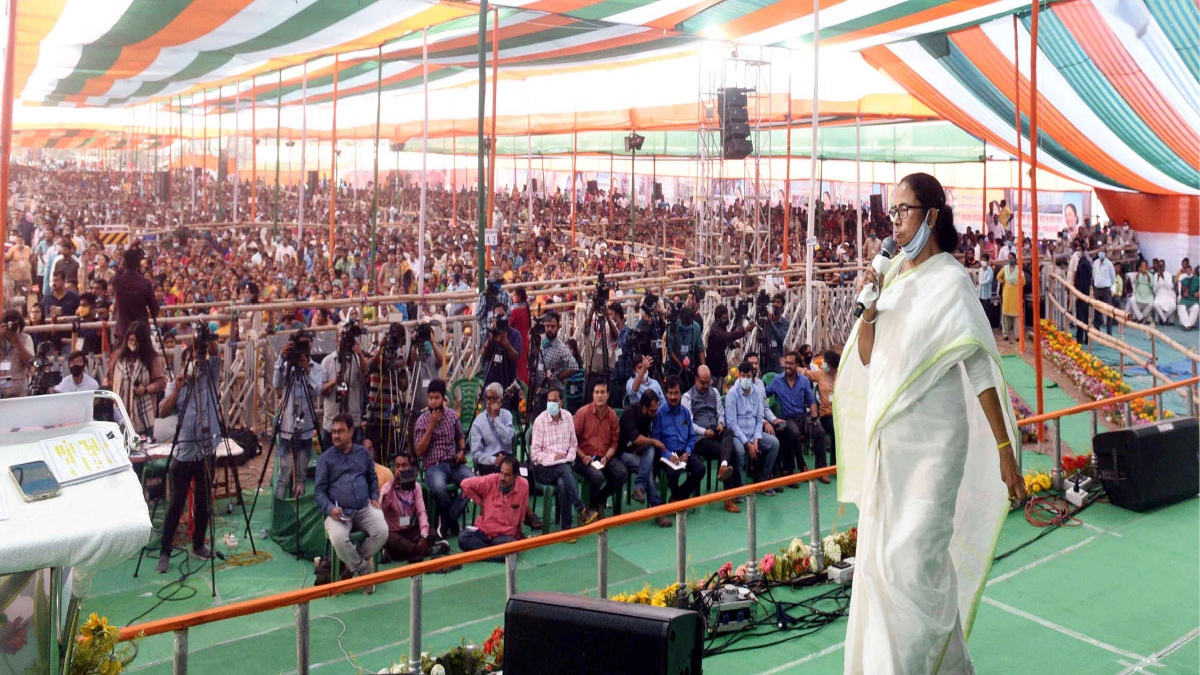
When politics is guided by selfish interests, national and public interests become casualties. Sundry tactics are adopted to protect and further these vested interests. The latest instance of this is the “Bengali versus outsider” issue, which could divide the people and weaken the social fabric during the upcoming assembly elections in West Bengal.
Bengal Chief Minister and Trinamool Congress (TMC) supremo Mamata Banerjee, who is facing the tough challenge of anti-incumbency in the forthcoming assembly elections in Bengal, has termed the Bharatiya Janata Party (BJP) as an ‘outsider’ in Bengal, in an effort to corner the party and lend the fight a new spin. This new narrative of ‘Bengali versus outsider’ is the TMC’s latest creation for outsmarting the BJP. The concern that follows this narrative of hate and fragmentation is whether this prejudice is legitimate, and if it can withstand the constitutional, political, cultural and national litmus tests.
At the constitutional level, if one examines the issue, the phrase ‘Bengali vs. outsider’ seems to hold little validity. The Constitution of India, which was prepared under the leadership of Harendra Kumar Mukherjee, who was the Vice President of the Constituent Assembly and a Bengali, and Babasaheb Ambedkar, Chairman of the Drafting Committee, does not differentiate between citizens. According to Article 5 of the Constitution, any citizen will be a citizen of India and not just a state. Apart from this, any citizen can fight elections in any state or region of the country, not only for the Lok Sabha but the state assembly elections as well. It is clearly mentioned in Article 173 that any Indian citizen is eligible to become a member of the Legislature of any state. It is obvious then that this ‘Bengali versus outsider’ slogan has no standing on a constitutional basis.
Mamata Banerjee’s taunt herein about Prime Minister Narendra Modi and Home Minister Amit Shah coming from Gujarat, and desiring to ameliorate the situation in Bengal despite being ‘outsiders’, reeks of unfairness. One must not forget that the PM and the Home Minister belong to the whole nation and not to any particular state, as did former President Pranab Mukherjee.
If tested on a political pitch, a regional party in one state, according to the Representation of the People Act 1951, is an external party in another state, technically. For example, the DMK of Tamil Nadu or Shiv Sena of Maharashtra can be called an outsider party in Bengal and in Tamil Nadu, respectively. However, the law of the land allows such regional parties full leeway to contest elections even in ‘other states’. One must remember here that the political sphere of national parties like the BJP, Congress or CPM is not confined to a single state but spreads all over India and they contest elections in almost every state. So terming such parties as ‘outsiders’ shows a lack of political understanding. Interestingly, the TMC itself, which is now labelling BJP as an ‘outsider’, has been contesting elections in many states outside Bengal.
Besides this, the phrase ‘Bengali vs. outsider’ is completely unacceptable on a cultural plane, as Bengal and the rest of India are a unified whole and are integral to each other’s identity. In fact, on a certain level, Bengal is the cultural soul of India. ‘Bharat Mata’, India’s most popular symbol, is a classic case of this instance. It is important to note that although one’s birthplace or country has been envisaged as the mother since ancient times in India, there are many mantras in the Vedas maintaining that “the Earth is Mother, I am Son of the Earth”. But it was in the land of Bengal, where for the first time, this great land was referred to as “Bharat Mata”. In 1873, the term was coined for the first time in Kiran Chandra Banerjee’s play Bharat Mata. Bharat Mata was conceived as a Goddess, blessing patriots with energy and fervour in their fight against the British. Taking this concept further, in 1882, Bankim Chandra Chatterjee, in his book Anandamath, depicted Bharat ‘Bhoomi’ (land) as Bharat Mata, which was later adopted as a symbol of Indian nationalism throughout the country. Subsequently, the famous Bengali painter Abanindranath Tagore, for the first time, made a portrait of Bharat Mata wherein she was depicted as a goddess attired in saffron, revered throughout the nation for eternity.
No child of Mother India is a child of a single state, but is accepted as a child of the entire nation. No one is an outsider or insider; from Kashmir to Kanyakumari and from Gujarat to Bengal and Arunachal, we all are just Indians. One must not forget that another great soul, Swami Vivekananda, born in the land of Bengal, repeatedly proclaimed and felt proud that he was an Indian and not just a Bengali.
During the freedom movement of India, a golden chapter in the history of modern India, the people of Bengal and other states dreamt to liberate not one state but all of the country. All Indians struggled as one, bonded by the strong feeling of togetherness. Even during our first freedom struggle of 1857, when Mangal Pandey of Awadh laid the foundation of the struggle in Barrackpore, Bengal, the desire was to free the entire motherland. Whether it was the agitation against the partition of Bengal or the Swadeshi movement of 1905, the Champaran satyagraha in Bihar by Gandhiji (a Gujarati) or the Jallianwala Bagh agitation in Punjab, the Civil Disobedience and Quit India movements or Netaji Subhas Chandra Bose’s attempt to rally forces for the ‘Azad Hind Fauj’, everyone’s goal was to secure independence, not just for one particular state, but for the nation as a whole.
Another dimension of this controversy is associated with the nation and concerns sentiments of national unity and integrity, which the ‘Bengali vs. Outsider’ dispute can imperil. Some regional parties are trying to create a ‘regional versus national’ tension. Creating a bogey of such a sub-national pseudo-identity to further its own brand of politics is inimical to the national spirit and national interests, and endangers national unity and integrity.
It’s unfortunate that in the land of Bengal, a pioneer state which spread nationalism during the freedom struggle against the British, TMC is following the steps of the likes of Tamil Nadu’s DMK today, trying to provoke the bogey of pseudo-sub-nationalism and regional sentiment. This is a grave situation, especially when the country is facing China’s dangerous aggression, the nefarious activities of Pakistan and Nepal’s unwanted stance on the instigation of China. Such instances of cheap politics weaken the nation and national spirit, which any responsible politician must avoid. It’s a bitter fact that if there is an election, there will be politics, but the electoral battle should be fought on the basis of the ground realities of economic development, poverty alleviation, national security and others, governed by a vision of progress.
Apart from this, instigating Bengali sub-nationalism and calling non-Bengalis ‘outsiders’ renders 20 million Bengalis living in different states outside Bengal psychologically vulnerable. Besides, it should not be forgotten that in Bengal, especially in Kolkata, a large number of workers come from surrounding states. Apart from this, a rich Marwari community also has a significant presence in the state. These non-Bengalis, constituting 1 percent of Bengal’s population, have played an elemental role in the building of Bengal. The ‘Bengali vs. outsider’ dispute could thus erode the spirit of harmony and unity by vying to create new tensions between Bengalis and non-Bengalis in Bengal, and also for other Bengalis nationwide. The Indian Nobel Laureate from Bengal, Rabindranath Tagore, would be a sad man today to see Bengal falling to ruin and his dream crumbling, which he had immortalised in the lines: “Where the world has not been broken up into fragments by narrow domestic walls… Into that heaven of freedom, my Father, let my country awake”.
The author is an academician teaching at the Central Department of Hindi, Delhi University. He has also taught in various universities in the US. The views expressed are personal.
